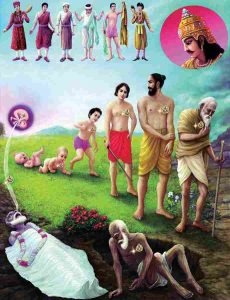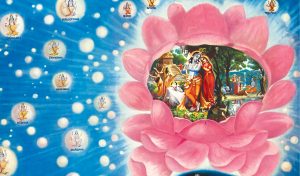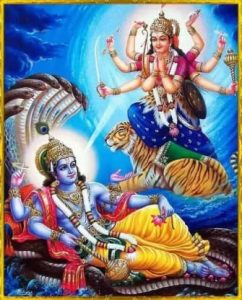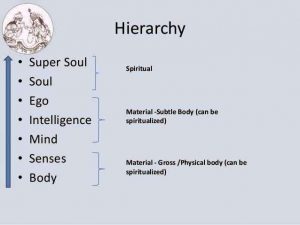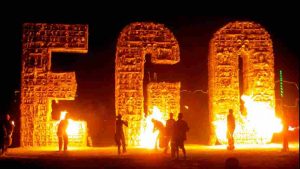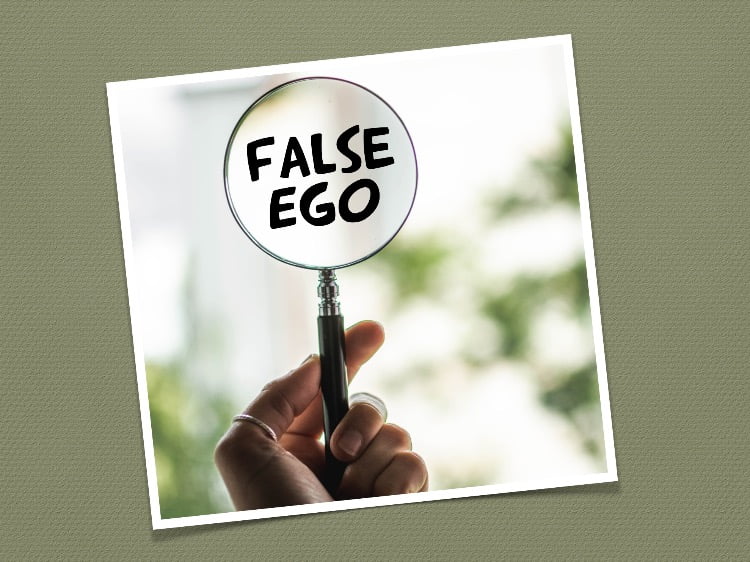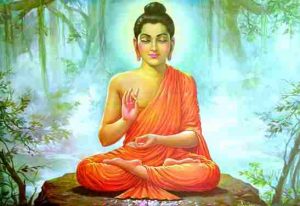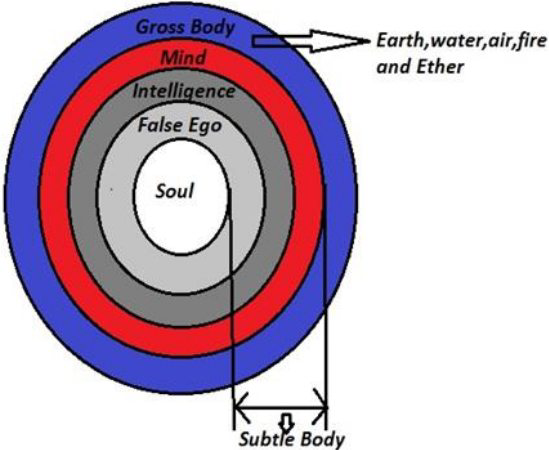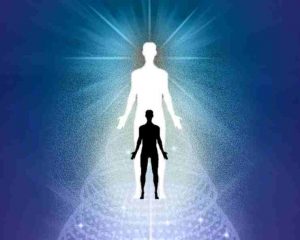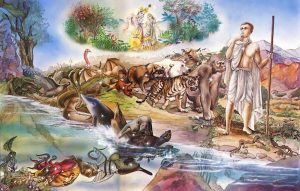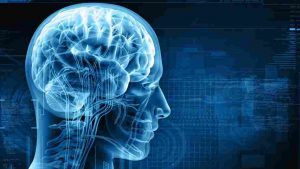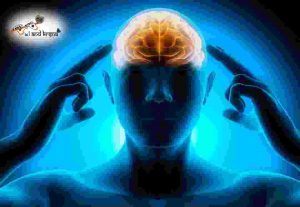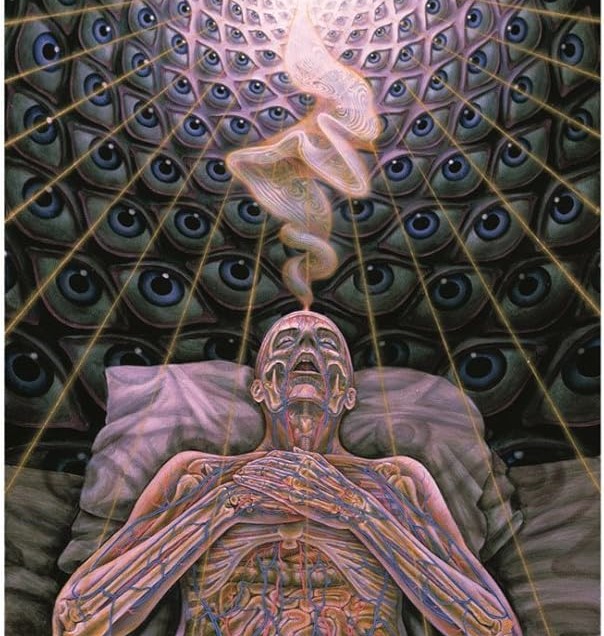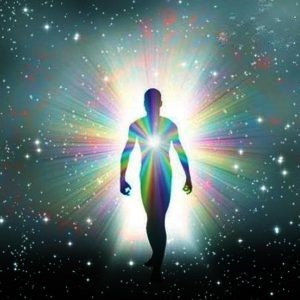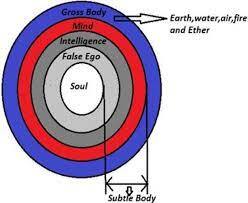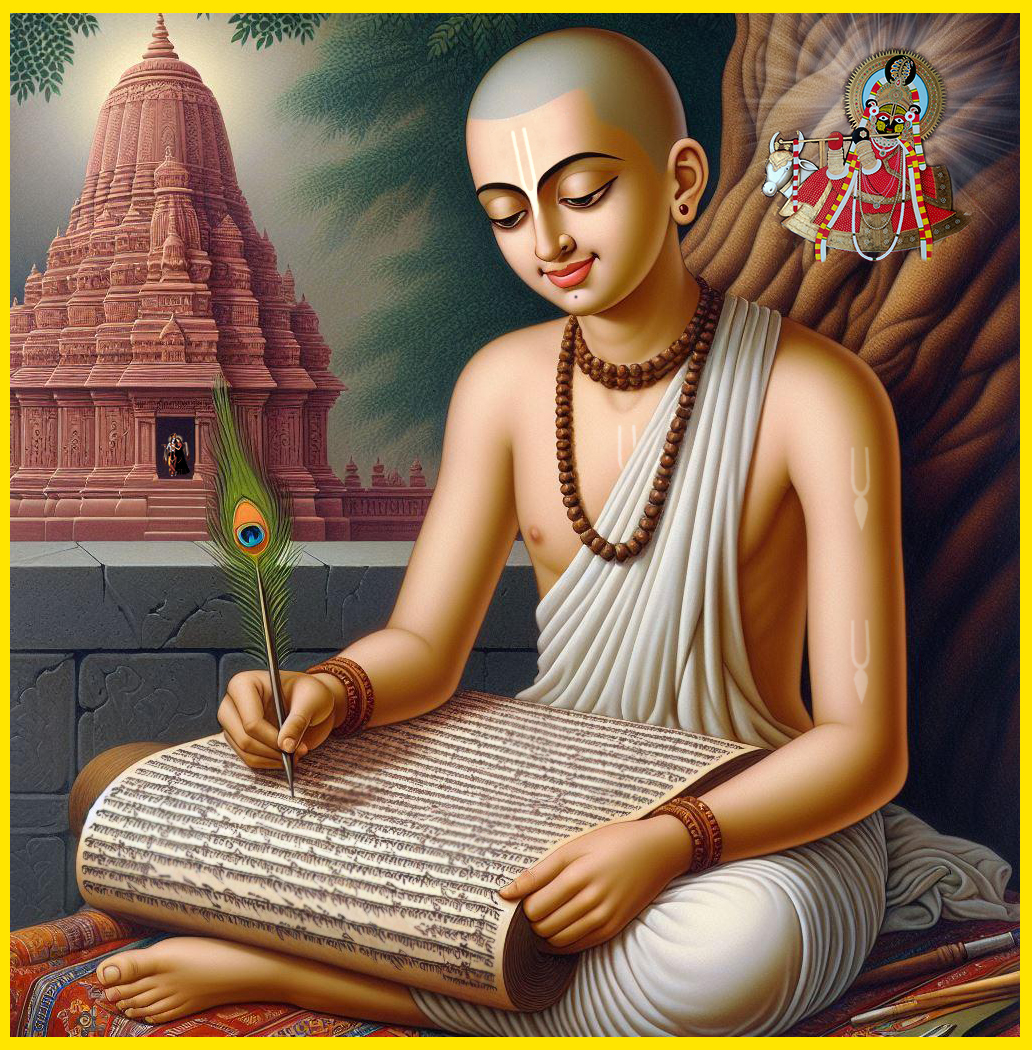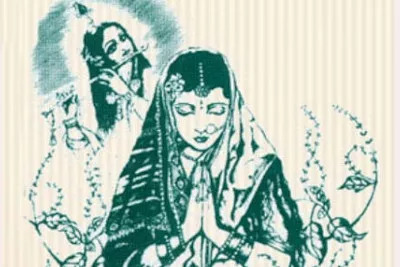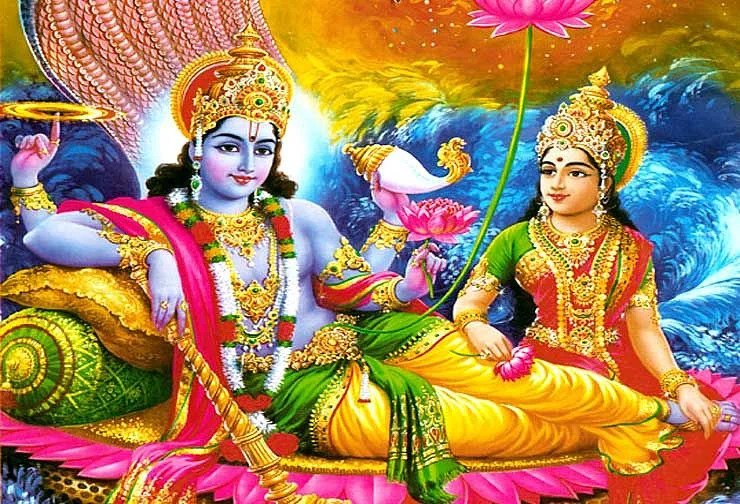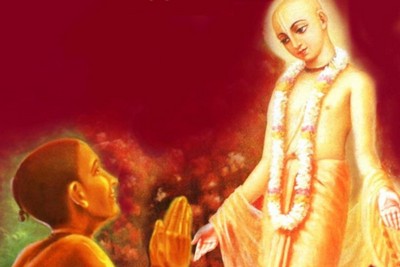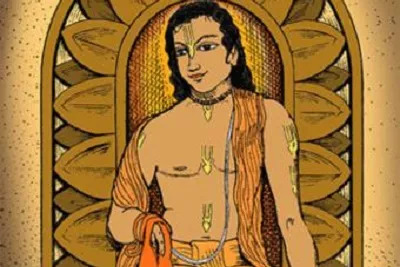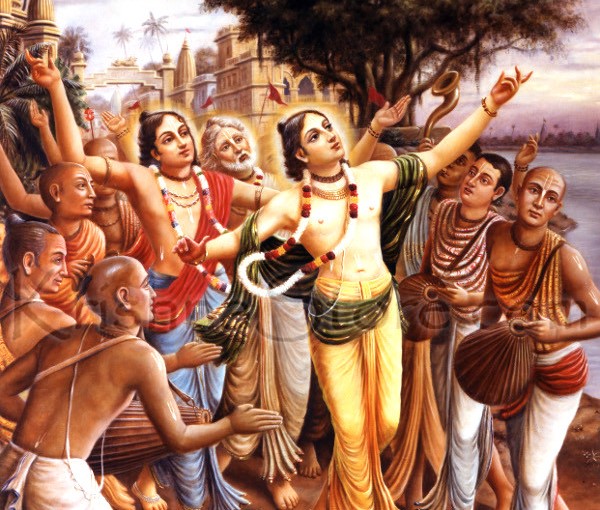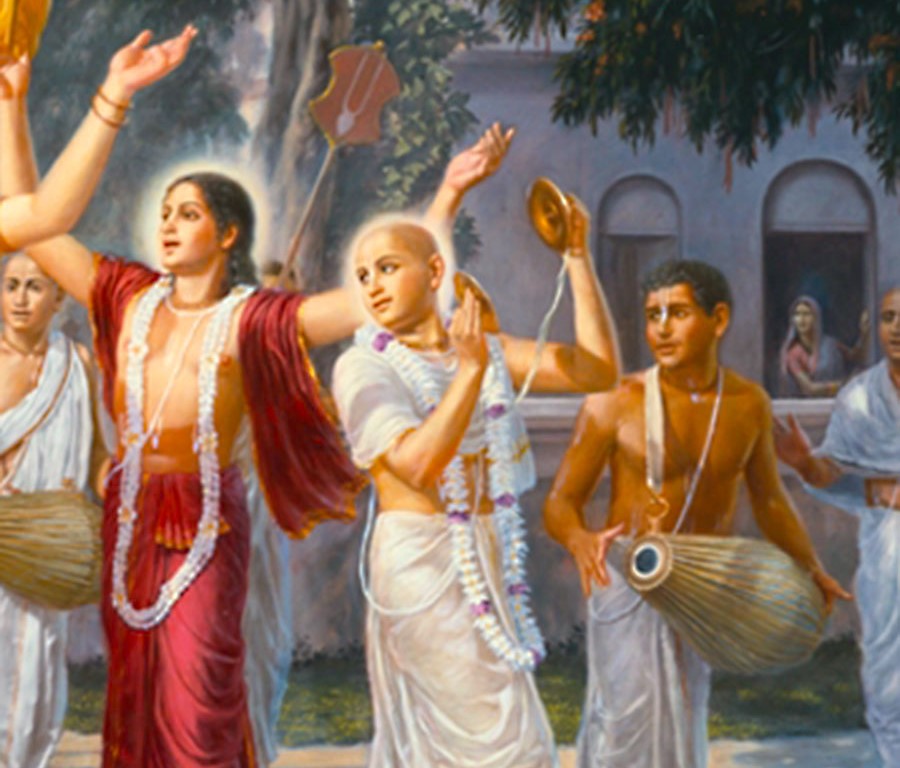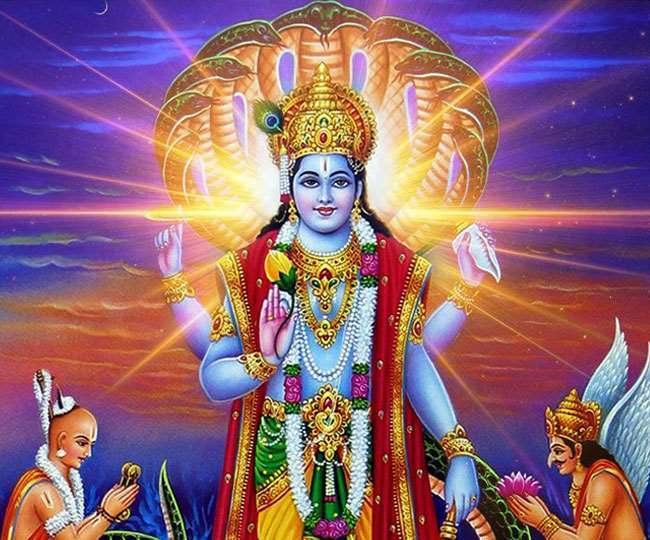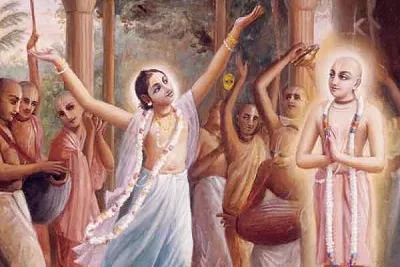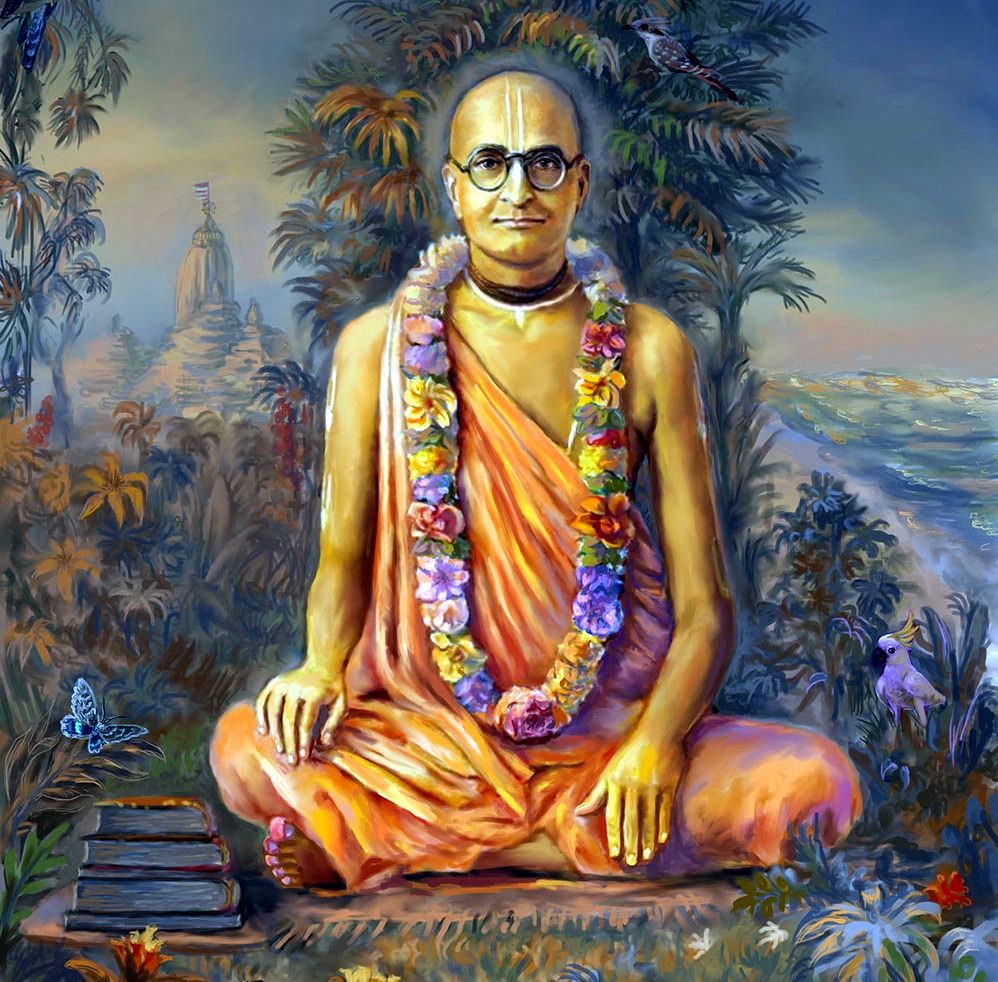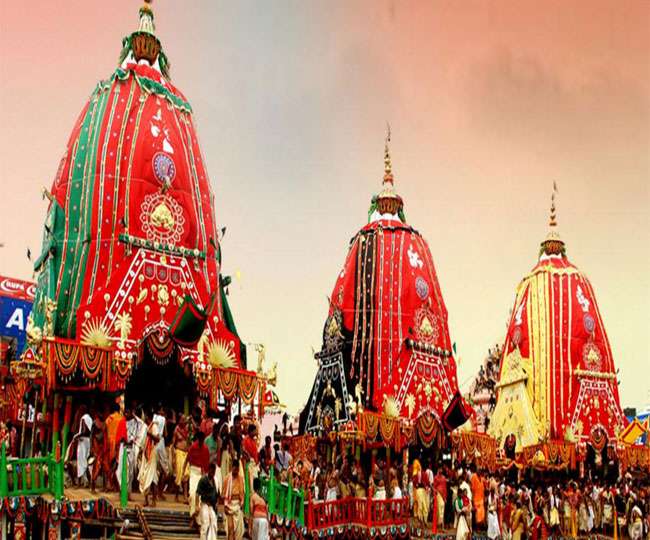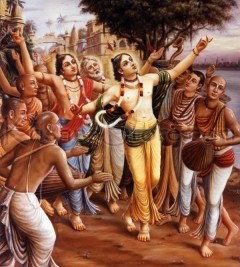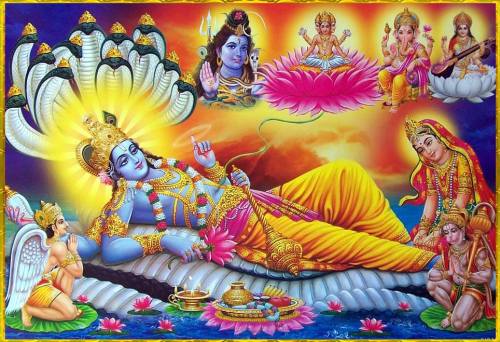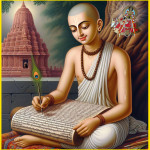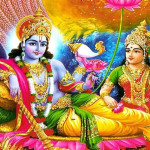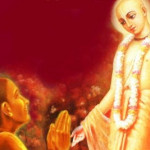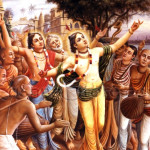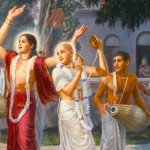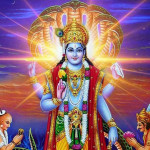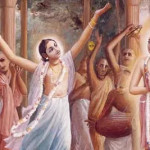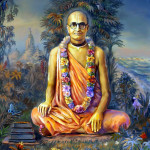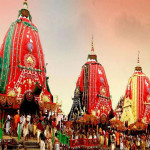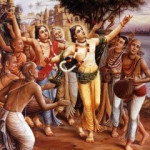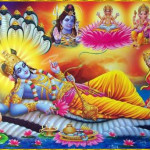In the state of Prasupti or deep sleep, both the mind and the sense become inactive.
“When a living entity is awake the material senses and mind are constantly active. Similarly, when one is sleeping the false ego recollects one’s waking experiences, and thus one experiences dreams or fragments of dreams while sleeping. But in the state of prasupti, or deep sleep, both the mind and the senses become inactive, and the false ego does not recall previous experiences or desires. The subtle mind and false ego are called liṅga-śarīra, or the subtle material body. This liṅga-śarīra is experienced in the form of temporary material designations such as “I am a rich man,” “I am a strong man,” “I am black,” “I am white,” “I am American,” “I am Chinese.” The sum total of one’s illusory conceptions of oneself is called ahaṅkāra, or false ego. And due to this illusory conception of life the living entity transmigrates from one species of life to another, as clearly explained in Bhagavad-gītā. The spirit soul, however, does not change its constitutional position of eternity, knowledge and bliss, although the soul may temporarily forget this position. To cite an analogous situation, if one dreams at night that he is walking in the forest, such a dream does not change one’s actual position of lying in bed within his apartment. Thus it is stated in this verse, kūṭa-stha āśayam ṛte: despite the transformations of the subtle body, the spirit soul does not change. Śrīla Śrīdhara Svāmī has given the following example to illustrate this point. Etāvantaṁ kālaṁ sukham aham asvāpsam, na kiñcid avediṣam. One often thinks, “I was sleeping very peacefully, although I was not dreaming or aware of anything.” It can be logically understood that one cannot remember something of which he has had no experience. Therefore, since one remembers peacefully sleeping although there was no mental or sensual experience, such a memory should be understood to be a vague experience of the spirit soul.
Śrīla Madhvācārya has explained that the demigods, who are a superior race of humanlike entities on the higher planetary systems of this universe, do not actually undergo the gross ignorance of deep sleep as do ordinary human beings. Because the demigods have superior intelligence, they are not merged into ignorance at the time of sleeping. In Bhagavad-gītā Lord Kṛṣṇa says, mattaḥ smṛtir jñānam apohanaṁ ca. Sleep is apohanam, or forgetfulness. Sometimes by dreaming there is smṛti, or memory of one’s actual condition, although in a dream one may experience one’s family or friends in an altered, illusory state. But all such conditions of remembering and forgetting are due to the presence of the Supersoul within the heart. By the mercy of the Supersoul one can have a preliminary glimpse of the soul by remembering how one was peacefully resting even without mental or sensual experience.”
Source: A.C. Bhaktivedanta Swami Prabhupada (2014 edition), “Srimad Bhagavatam”, Eleventh Canto, Chapter 03 – Text 39.



